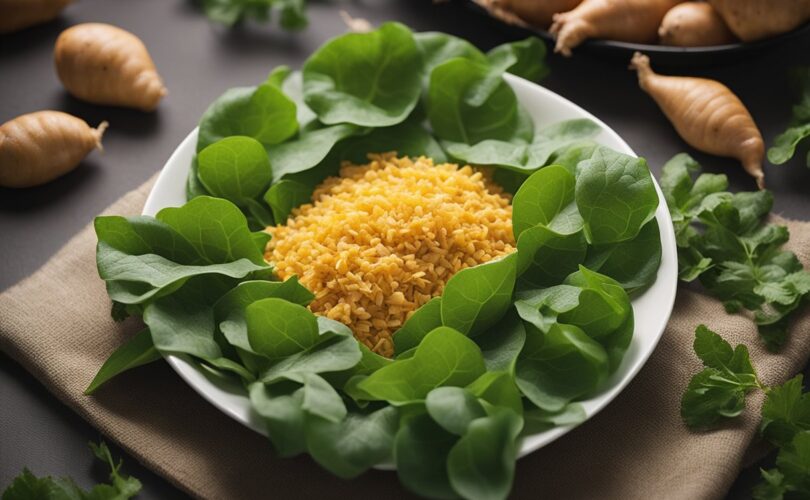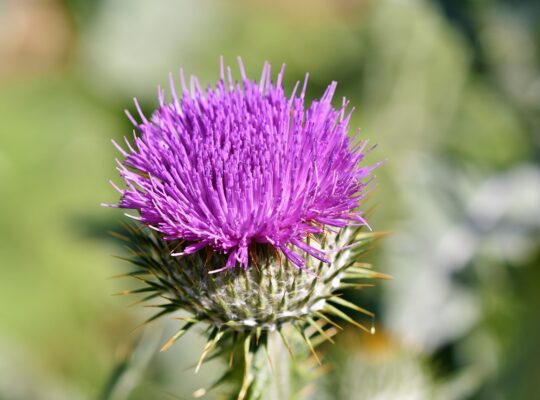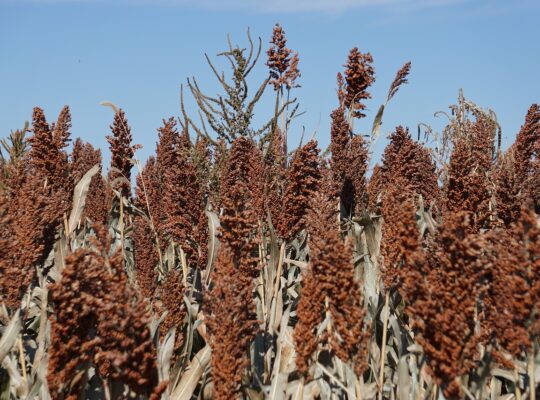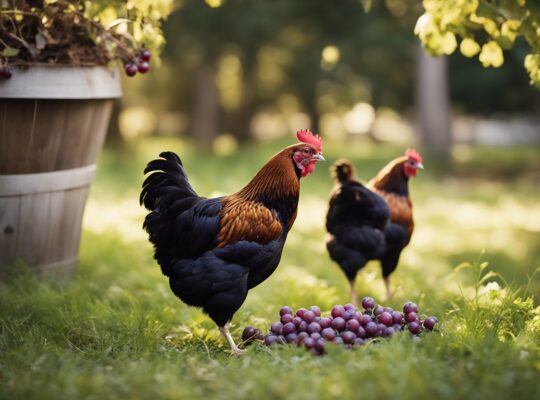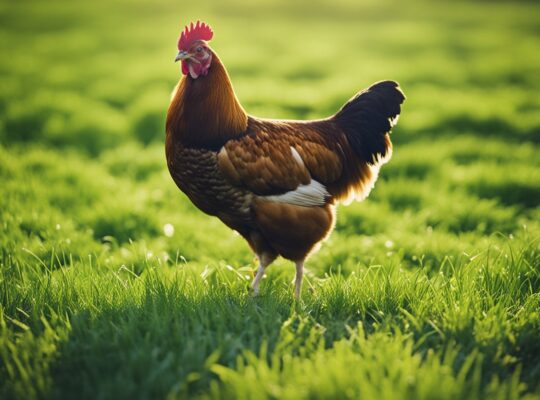When looking into the dietary options for your chickens, it’s important to consider a variety of foods that can offer them the nutrients they require to stay healthy. Sweet potato leaves might not be the first food you think of, but they could be a beneficial addition to your chickens’ diet.
Rich in vitamins and minerals, sweet potato leaves provide a good source of nutrition and can contribute to the overall health and well-being of your flock.
As you ponder the variety of feed options, you may wonder about the suitability of sweet potato leaves for your chickens. High in fiber, antioxidants, and essential vitamins such as A, B, and C, these leaves offer a range of benefits that can help improve digestion, boost heart health, and support the immune system.
Including sweet potato leaves in your chickens’ diet, in moderation, can be a good way to enhance the diversity of their feed while ensuring they get a balanced intake of essential nutrients.
It’s vital to balance the treat portion of your chickens’ diet, which should only constitute about 10-20% of their overall intake, with a high-quality chicken feed.
Feeding sweet potato leaves should be done judiciously, ensuring the leaves are clean, pesticide-free, and fresh. This approach helps ensure your chickens enjoy the health benefits of sweet potato leaves without any negative impacts on their diet – a thoughtful step to maintain their optimal health.
Nutritional Profile and Safety of Sweet Potato Leaves for Chickens
Sweet potato leaves can be a nutritious treat for your chickens, packed with essential vitamins and minerals. However, it’s important to understand both their health benefits and any potential risks before including them in your flock’s diet.
Understanding the Benefits of Sweet Potato Leaves to Chickens
Sweet potato leaves offer a variety of nutrients that are beneficial to your chickens’ health. They are a rich source of vitamins A, B, and C, which contribute to a robust immune system, good vision, and healthy skin.
Additionally, sweet potato leaves provide a good amount of minerals such as calcium and iron, which are crucial for bone health and oxygen transport in the blood. The high fiber content in the leaves aids in digestive health, while antioxidants help protect your chickens against cellular damage and stress.
- Vitamins: A, B, C
- Minerals: Calcium, Iron
- Other Nutrients: Fiber, Antioxidants
Feeding your chickens sweet potato leaves can be an excellent addition to their diet when given in moderation.
Potential Risks and Toxicities
While sweet potato leaves are generally safe and healthy for chickens, certain precautions should be taken. Unlike other members of the nightshade family, sweet potato leaves do not contain solanine, a toxic compound found in green potatoes and other nightshade plants.
Ensure that the leaves you offer are free from pesticides and pollutants, which can be harmful to your chickens.

It’s also suggested to feed sweet potato leaves as part of a balanced diet. Overconsumption could potentially lead to nutritional imbalances. Here is what you should keep in mind:
- Pesticide-Free: Ensure leaves are clean and free of chemicals.
- Moderation: Feed as part of a diversified diet with quality chicken feed.
While the leaves are safe, feeding your chickens cooked sweet potatoes or the vines should only be done cautiously, as cooked foods can sometimes disrupt a hen’s digestion if not used to it. Additionally, sweet potato vines, while not toxic, should be offered sparingly due to their lower nutritional value compared to the leaves.
Incorporating Sweet Potato Leaves into a Chicken’s Diet
Sweet potato leaves can be a nutritious addition to your chickens’ diet. They are packed with essential nutrients that support the digestive system, boost immunity, and may aid in egg production. Proper preparation and portion control are key to safely integrating sweet potato leaves into their meals.
Feeding Techniques and Preparation Methods
To ensure the leaves are safe for consumption, always start by thoroughly washing them to remove any pesticides or contaminants. You can choose to feed the leaves raw or cooked; however, cooking may enhance digestibility. Chop the leaves into smaller pieces to make them easier for your chickens to eat.
- Raw: Serve the leaves fresh and finely chopped to avoid choking hazards.
- Cooked: Steam or boil the leaves briefly to soften them, which can make them gentler on your chickens’ digestive systems.
Remember, while sweet potato leaves can be a beneficial supplement, they should not replace a chicken feed that is complete with essential carbohydrates and proteins.
Recommended Portions and Frequency
When incorporating sweet potato leaves into your chickens’ diet, moderation is important. They should make up no more than 10-20% of the overall diet. This ensures that the bulk of your chickens’ nutritional intake comes from a balanced, high-quality feed that provides comprehensive nutrition.
- Amount: Offer a handful of sweet potato leaves per chicken, ensuring the quantity is aligned with the 10-20% guideline.
- Frequency: Introduce sweet potato leaves into the diet gradually, starting with a small amount of sweet potato leaves once or twice a week, and observe their impact on your chickens’ health and egg production.

